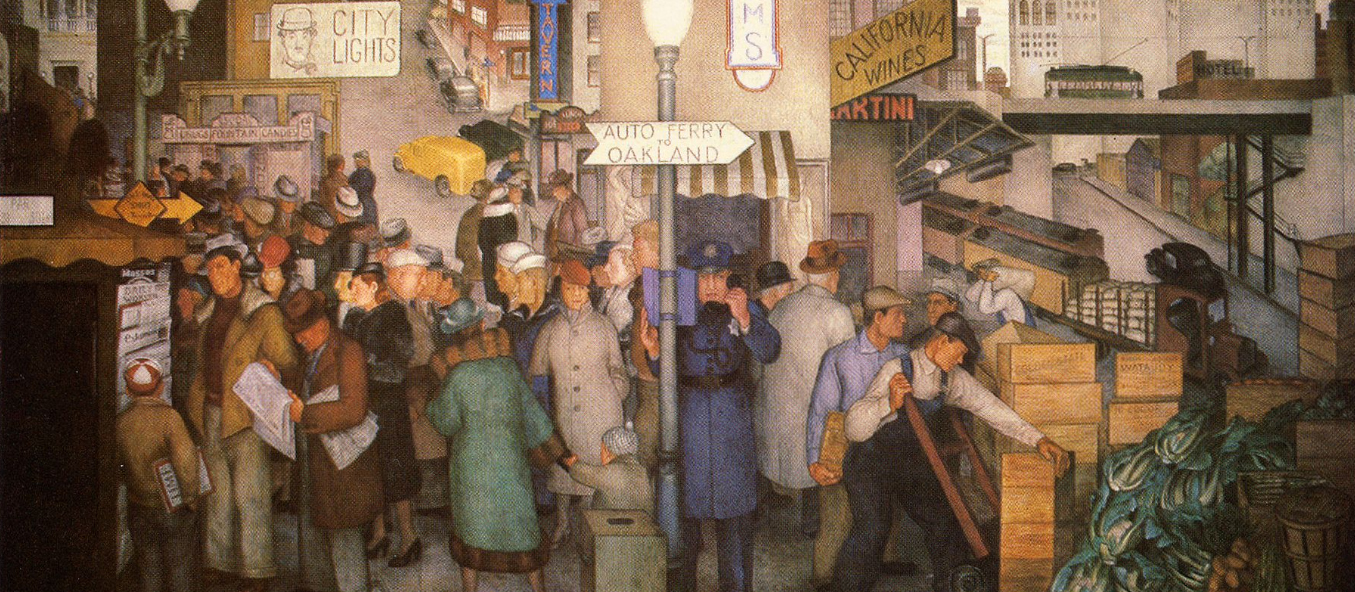Search Results
Harvey Milk recorded three audiotapes on November 18, 1977, 10 days after his election to the San Francisco Board of Supervisors. The tapes contain his thoughts on who would best continue his...
Show moreHarvey Milk recorded three audiotapes on November 18, 1977, 10 days after his election to the San Francisco Board of Supervisors. The tapes contain his thoughts on who would best continue his political work should he be killed. For this reason, the recordings are known as Milk’s “political will,” or alternatively, as the “in case tapes” according to Milk’s friend and fellow activist Daniel Nicoletta. Each tape was sent to a different person: Tape 1 to Milk’s personal attorney John Wahl; Tape 2 to Milk’s friend and political associate Walter Caplan; and, Tape 3 to Milk’s close friend Frank Robinson. In his book, “The Mayor of Castro Street,” Randy Shilts notes that Milk used an outline to organize his thoughts; consequently, each recording has slight variations. This recording is a copy of Tape 1, which was given to John Wahl, and was played for Dianne Feinstein on the day of Harvey Milk’s and George Moscone’s assassinations, November 27, 1978. Nicoletta notes that it was Wahl and his then-partner Larry Hughes who first played the tape for Feinstein. A transcript of Tape 2 (sent to Walter Caplan) is published in “The Mayor of Castro Street” and in “An Archive of Hope.” It includes the name of a fifth person, Doug DeYoung, who Milk thought was unsuitable to continue his political work. Tape 3 (sent to Frank Robinson) is the only one that includes the phrase “if a bullet should enter my brain, let that bullet destroy every closet door.” The survival and whereabouts of Tape 3 are unknown.
Show less
Show moreHarvey Milk recorded three audiotapes on November 18, 1977, 10 days after his election to the San Francisco Board of Supervisors. The tapes contain his thoughts on who would best continue his political work should he be killed. For this reason, the recordings are known as Milk’s “political will,” or alternatively, as the “in case tapes” according to Milk’s friend and fellow activist Daniel Nicoletta. Each tape was sent to a different person: Tape 1 to Milk’s personal attorney John Wahl; Tape 2 to Milk’s friend and political associate Walter Caplan; and, Tape 3 to Milk’s close friend Frank Robinson. In his book, “The Mayor of Castro Street,” Randy Shilts notes that Milk used an outline to organize his thoughts; consequently, each recording has slight variations. This recording is a copy of Tape 1, which was given to John Wahl, and was played for Dianne Feinstein on the day of Harvey Milk’s and George Moscone’s assassinations, November 27, 1978. Nicoletta notes that it was Wahl and his then-partner Larry Hughes who first played the tape for Feinstein. A transcript of Tape 2 (sent to Walter Caplan) is published in “The Mayor of Castro Street” and in “An Archive of Hope.” It includes the name of a fifth person, Doug DeYoung, who Milk thought was unsuitable to continue his political work. Tape 3 (sent to Frank Robinson) is the only one that includes the phrase “if a bullet should enter my brain, let that bullet destroy every closet door.” The survival and whereabouts of Tape 3 are unknown.
Show less

![Harvey Milk's "Political Will" [audio recording given to John Wahl]](https://digitalsf.org/sites/default/files/styles/enhanced_grid_small/public/externals/f10b0aa728593f4bf81bd67fd2a85615.png?itok=nYlYCqVo&pid=islandora:194670&iic=true)
